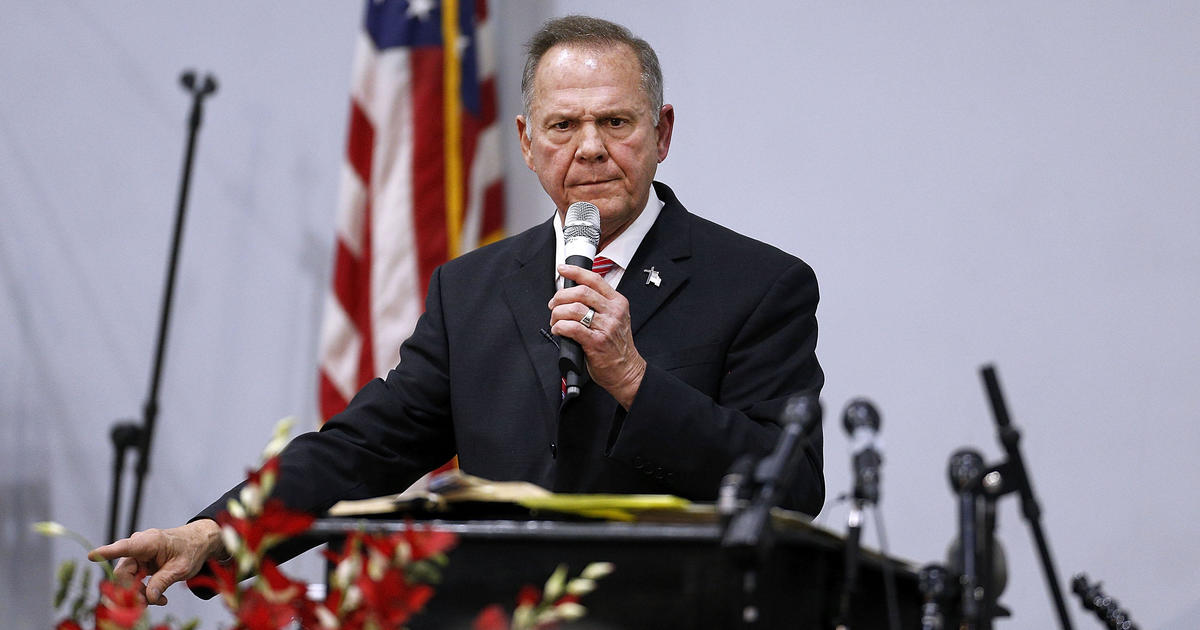Preaching text: Matthew 25:31-46
I learned an interesting bit of trivia this week, something I had not known before. This church holiday that we mark today, the final Sunday of the Church year, is a relatively new celebration. In the early 20th century, our Roman Catholic brothers and sisters were eager to find a counter-celebration for us Protestants who celebrated Reformation Sunday. In 1925, the Pope declared the final Sunday of the church year to be a celebration of Christ’s reign over the kingdom of God, placing it over and against Reformation Day. But he also had a second reason for creating this festival, a reason even we Protestants have now embraced this supposedly- competitive celebration. To understand the Bishop of Rome’s second reason, we must consider context.
1925. What was going on in Europe during those years? What was going on in Italy specifically during that time? Oh, yeah, Mussolini and the rise of fascism. The growing power of a dark tyranny that was clouding the morals and spirit of the people. The Pope wanted to remind Christians that we are of the kingdom of God, that worldly power no matter how alluring is both temporary and feeble before the eternal power of God’s reign over all creation. Hence, he declared Christ the King Sunday to remind them that God is really in charge and how God chooses to rule his kingdom.
That’s not Christ’s way. Not that it’s stopped us in the past.
Long before Lord Acton uttered his famous observation about how “power corrupts and absolute power corrupts absolutely,” our Savior understood that truth innately. He called us to evangelize, to tell good news, in our efforts to spread the faith. And how would that be done? By the same ways he did. Feeding the hungry, healing the sick, caring for the poor, uplifting the meek and outcast, embracing the broken-hearted. His way was a radical change from the way of the world, a way he ran into headlong numerous times in his earthly ministry. The Pharisees, the scribes, the chief priests, all good religious folk, but good religious folk that worshipped and desired power rather than true devotion to God.
And we see their fruits. Rejection, self-righteousness, arrogance, hate. The poor deserve to suffer. The sick should just die. The outcast are sinners. God has rejected them all. They have to earn his favor by being like us. We have wealth. We have control. We are the rulers of all and we determine what God loves, favors, and saves.
And here we go again. Here again, the evil charlatan priest rears its head, the very type I warned against in last week’s sermon. Here is the Joel Osteen, the Franklin Graham, the Pat Robertson, or the Roy Moore of every generation. Wrapped in false piety and doling out God’s grace only to those they think worthy of it. Naming as sinner and enemy of God any who dare question them or point out their sins. Hungering for power and wealth enough to give their pronouncements the threat of life and death, the power of the sword. Believe as we do or else!
And now it comes to us, the same choice faced by Christians of every time and place. Do we embrace the cross or the sword? We’ve seen the choice made by so many of our fellow Christians in this day and age, to lay hold of the sword, to seek for power and caring nothing for how it corrupts the faith and those who believe. A choice that gives in to hate and fear, that rejects the very people Christ came to save, all for the sake of ruling a world that rightly belongs to God and not them.
When Jesus told his parable of the sheep and goats, it was this very choice that he was talking about. It’s the same choice Jesus himself faced when marching into Jerusalem on Palm Sunday, to go to the temple to worship God or to go the Roman fortress to conquer and kill. He chose the temple. He chose the kingdom of God over the kingdom of the world. He chose the people over power. And we who are his disciples, what will we choose?
But I don’t care, because I seek to do as Christ would do. That’s the only thing that matters to me in terms of morality. I have chosen the cross and, if history takes us in even darker directions, it may mean I’ll get hung on one. So be it. Martin Luther King, Gandhi, Dietrich Bonhoeffer, Nelson Mandela, Susan B. Anthony, and many many others have all faced that in one form or another for the sake of standing up for the “least of these,” so I find myself in good company.
Oh, yeah, and Jesus too, of course.
What is your choice? To give into fear and seek for the false security and easy road of power and corruption? Or to embrace the faith of Christ who came to this world to live, die, and rise again for the sake of all people, the road that calls us to suffer with the suffering, to be hungry with the hungering, and perhaps even to die for sake of the least of these? Each one of us must decide. Are we sheep or goats? Amen.





